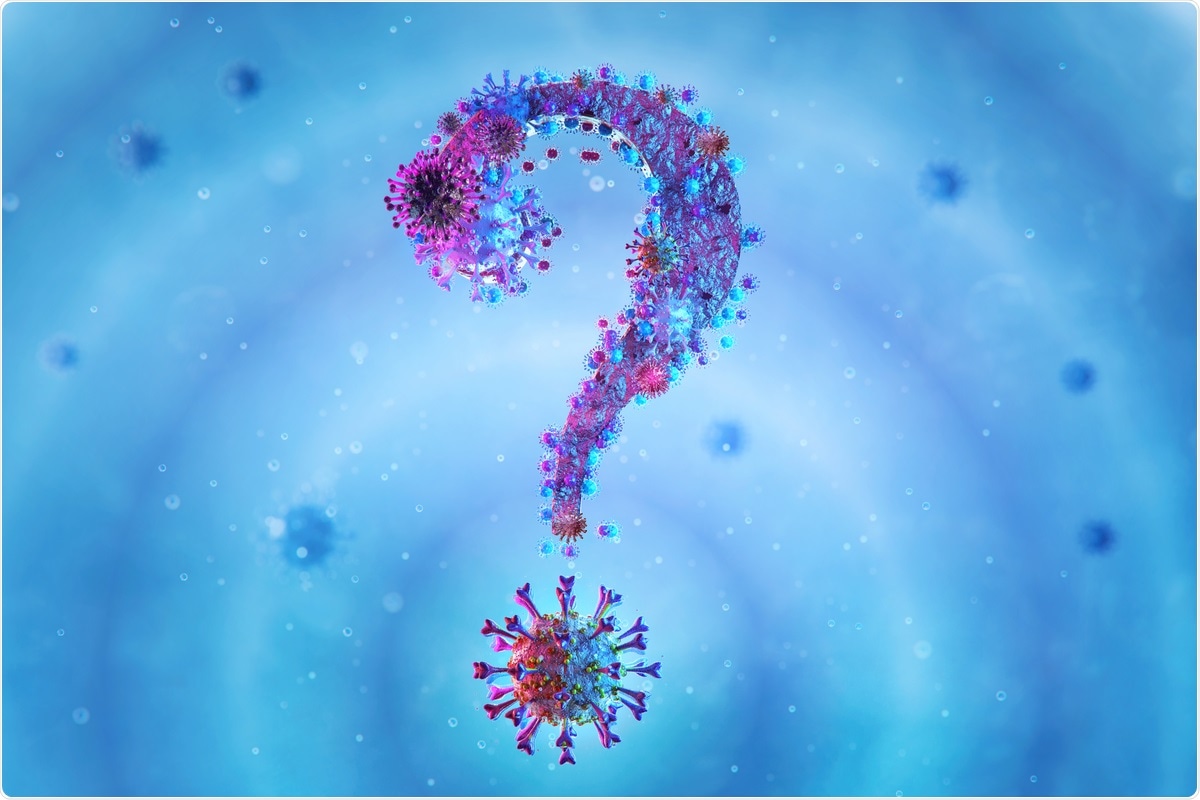Coronavirus disease 2019 (COVID-19) has perhaps inspired more conspiracy theories than any other event in recent memory. While other conspiracy theories resulted in vast swathes of misinformation spreading across the internet, most of these theories were limited to the West. The global nature of COVID-19 has resulted in the spread of this information across the world.
 Study: How conspiracists exploited COVID-19 science. Image Credit: Corona Borealis Studio/ Shutterstock
Study: How conspiracists exploited COVID-19 science. Image Credit: Corona Borealis Studio/ Shutterstock
With over five million dead and many countries forced to rely on costly and restrictive measures to limit the transmission of the disease, the certainty offered by conspiracy theorists can prove more comforting than scientific advice, which often changes as more information comes to light. This helps those spreading malicious information portray experts as liars, fakes, or part of the conspiracy.
Published in Nature Human Behaviour, a researcher from the University of Pennsylvania have commented on how conspiracy theories misrepresent scientific data and advice. Understanding how this is achieved should help prevent conspiracy theories from taking root and safeguard public health and trust in science.
The comments
Conspiracy theories can become even more difficult to combat when politics become involved. Some of the earliest theories revolved around hydroxychloroquine. When some initial studies suggested a possible use for the drug against coronavirus, it was rapidly picked up by the media and some prominent right-wing US politicians. When more intensive clinical trials revealed it was ineffective, the US Surgeon General Dr. Fauci opposed the use, and the Food and Drug Administration (FDA) revoked the emergency authorization. The Surgeon General also changed his advice on public face masks following increased investigation. Some media, in particular Fox News, began to imply that he was lying about these factors, suggesting he was involved in a ‘scientific cover-up.’
Politicians in Trump’s administration went even further, alleging that ‘deep state scientists want America sick through November’, emboldening conspiracy theorists and tying science to the ‘deep state’ conspiracy theories popularized by QAnon believers, among others. The change in policies was used to support the idea that scientists were making it difficult for drug companies to provide anti-COVID drugs to prevent Trump supporters from voting in the election. The sheer scale of the proposed conspiracies makes them difficult to counter once established – pointing out that such a scheme would also affect Democratic voters is met with accusations of voter fraud and that few ‘real’ Democratic voters exist. However, delaying advice on more controversial topics such as hydroxychloroquine can help prevent the rise of these theories in the first place.
Vast conspiracy theories tied to anti-vaccination organizations ascribe more profit-seeking motives to scientists. These theories assume a vast web of connections between industries, scientists, politicians, and leaders such as Bill Gates. According to Robert F. Kennedy Jr, a prominent anti-vaccination campaigner, Bill Gates pays Dr. Fauci to develop drugs (which is not his job) to be passed to drug companies Bill Gates is invested in. The World Health Organisation (WHO), which they believe Bill Gates controls, then assures these drugs can be sold in Africa. Despite the significant lack of understanding in the processes involved, these theories can prove persuasive, as they ascribe understandable motivations (money) and play on distrust of powerful figures.
The researchers emphasize that counter-evidence is unlikely to reach those who believe deeply enough in conspiracy theories – disagreeing with the theory merely leads to becoming part of the conspiracy trying to ‘silence the truth.’ However, those who accept misrepresented scientific evidence might be reachable. The author suggests minimizing the exploitations of advice by having experts overemphasize that their statements are based on what we know now. When new evidence results in changing advice, experts should repeatedly present the justifications and explain that evidence has shown.
The author also points out that many fact-checkers exist to make it easy to confirm any claims, easily disproving suggestions such as ‘Dr. Fauci is a vaccine shareholder’. While many individuals dismiss conspiracy theorists, the impact that they can make on society has been shown increasingly in recent years – even to deadly effect. Rising vaccine hesitancy risks the effort to fight the COVID-19 pandemic, and the so-called ‘Pizzagate’ conspiracy resulted in an individual firing a weapon into a pizza restaurant. While the claims made by conspiracy theorists can seem ridiculous, those who believe in them can be driven to extreme action.
-
Jamieson, K.H. How conspiracists exploited COVID-19 science. Nat Hum Behav (2021). doi: https://doi.org/10.1038/s41562-021-01217-2 https://www.nature.com/articles/s41562-021-01217-2
Posted in: Medical Science News | Medical Research News | Disease/Infection News
Tags: Coronavirus, Coronavirus Disease COVID-19, Drugs, Food, Hydroxychloroquine, Pandemic, Public Health, Vaccine

Written by
Sam Hancock
Sam completed his MSci in Genetics at the University of Nottingham in 2019, fuelled initially by an interest in genetic ageing. As part of his degree, he also investigated the role of rnh genes in originless replication in archaea.
Source: Read Full Article
